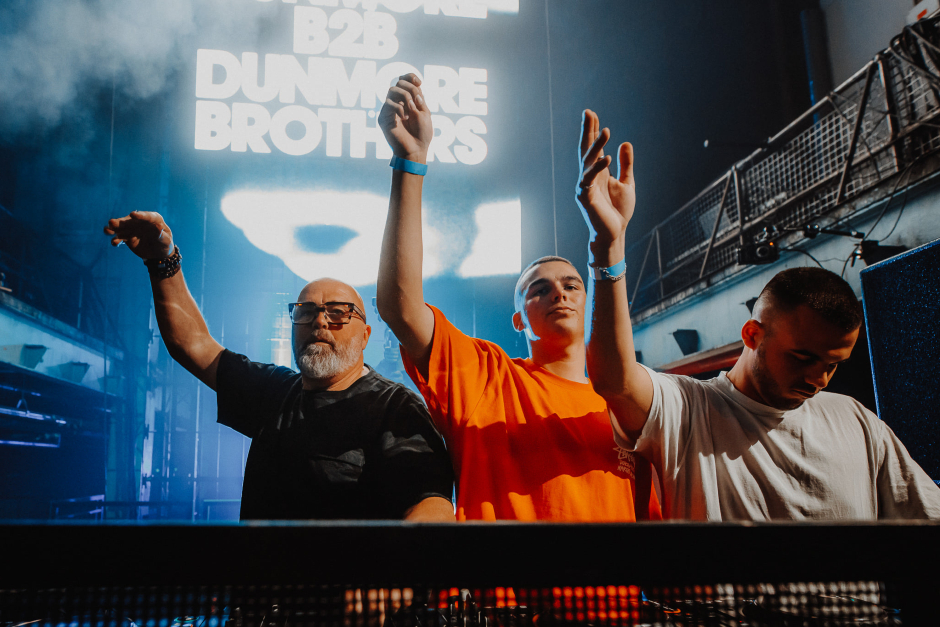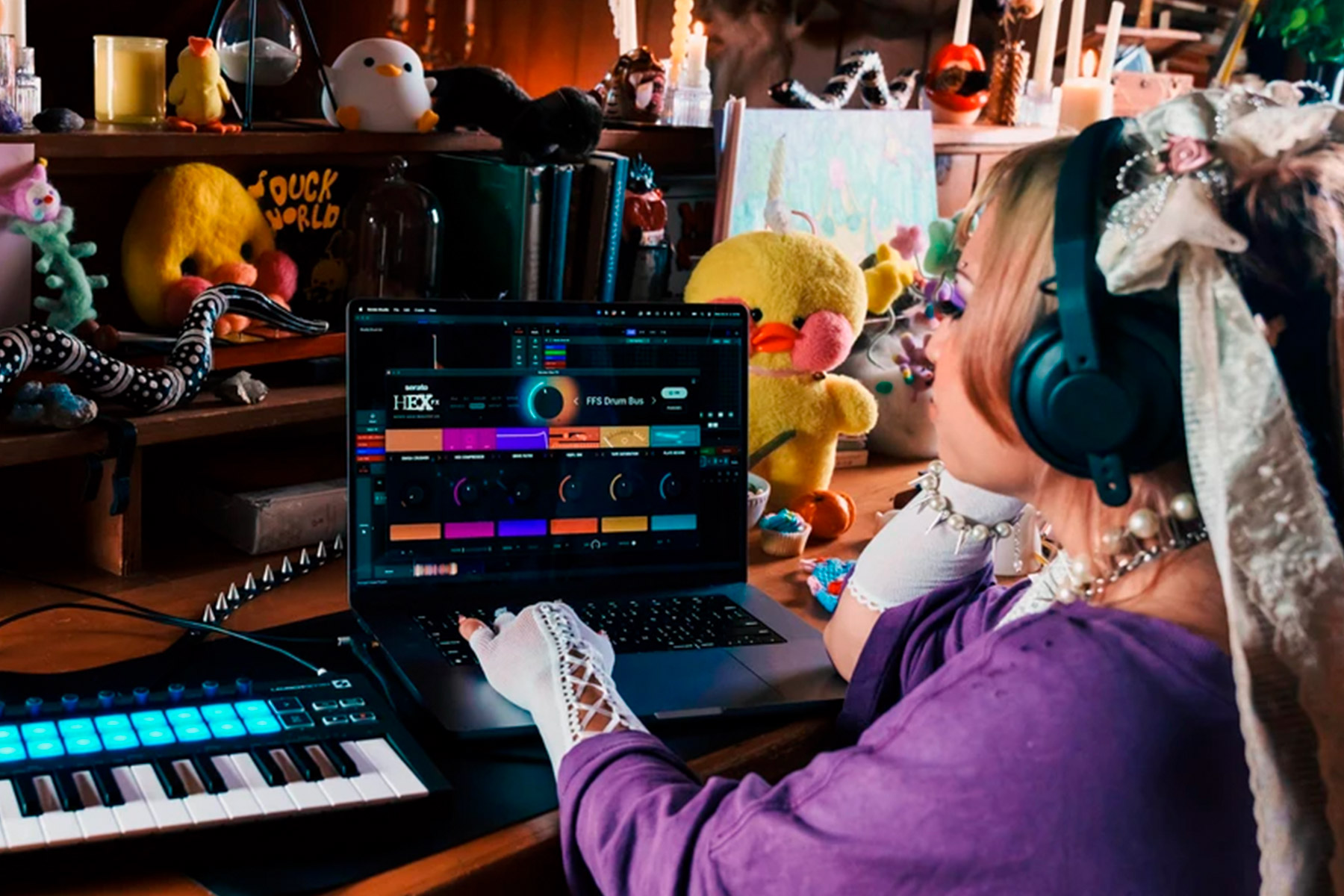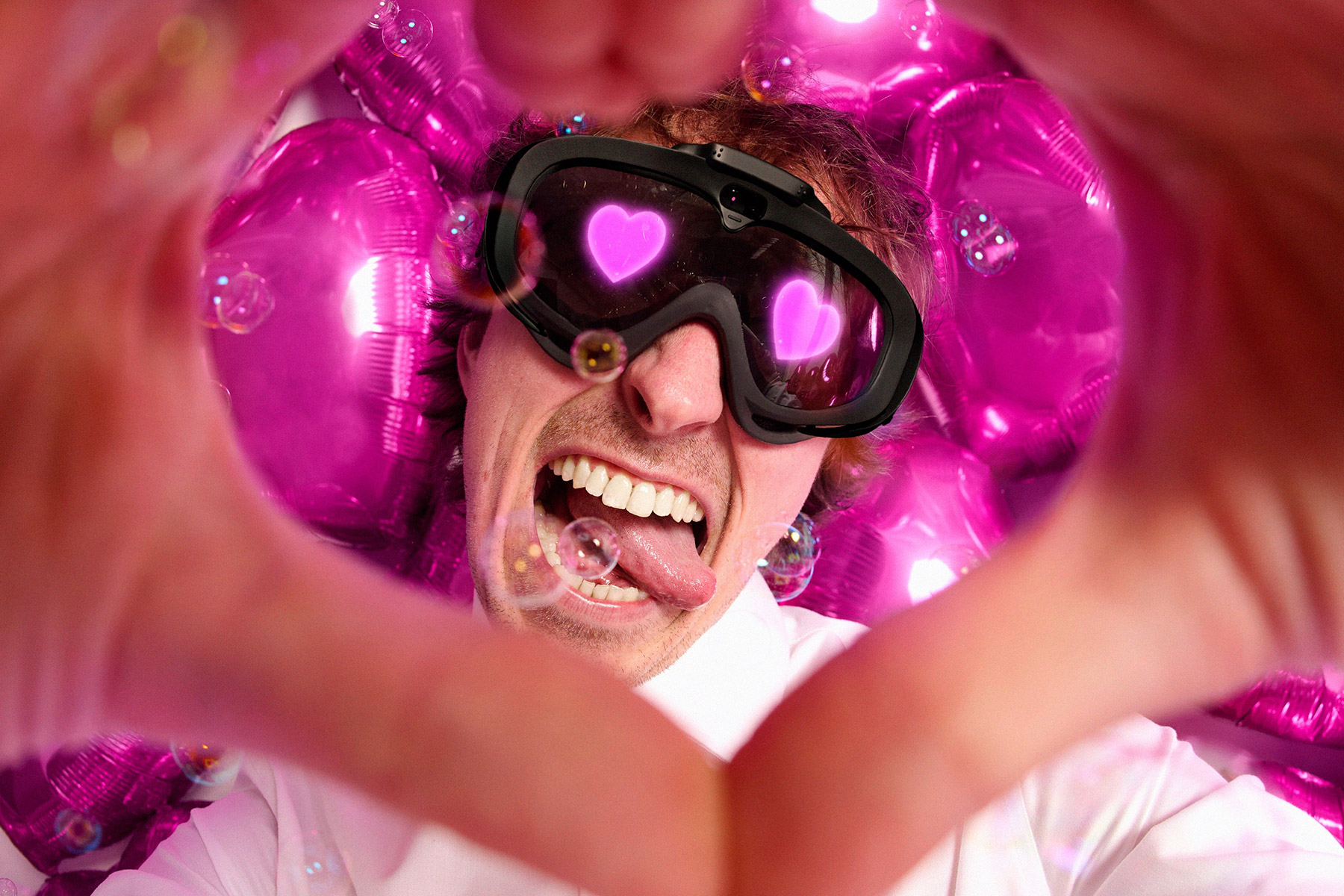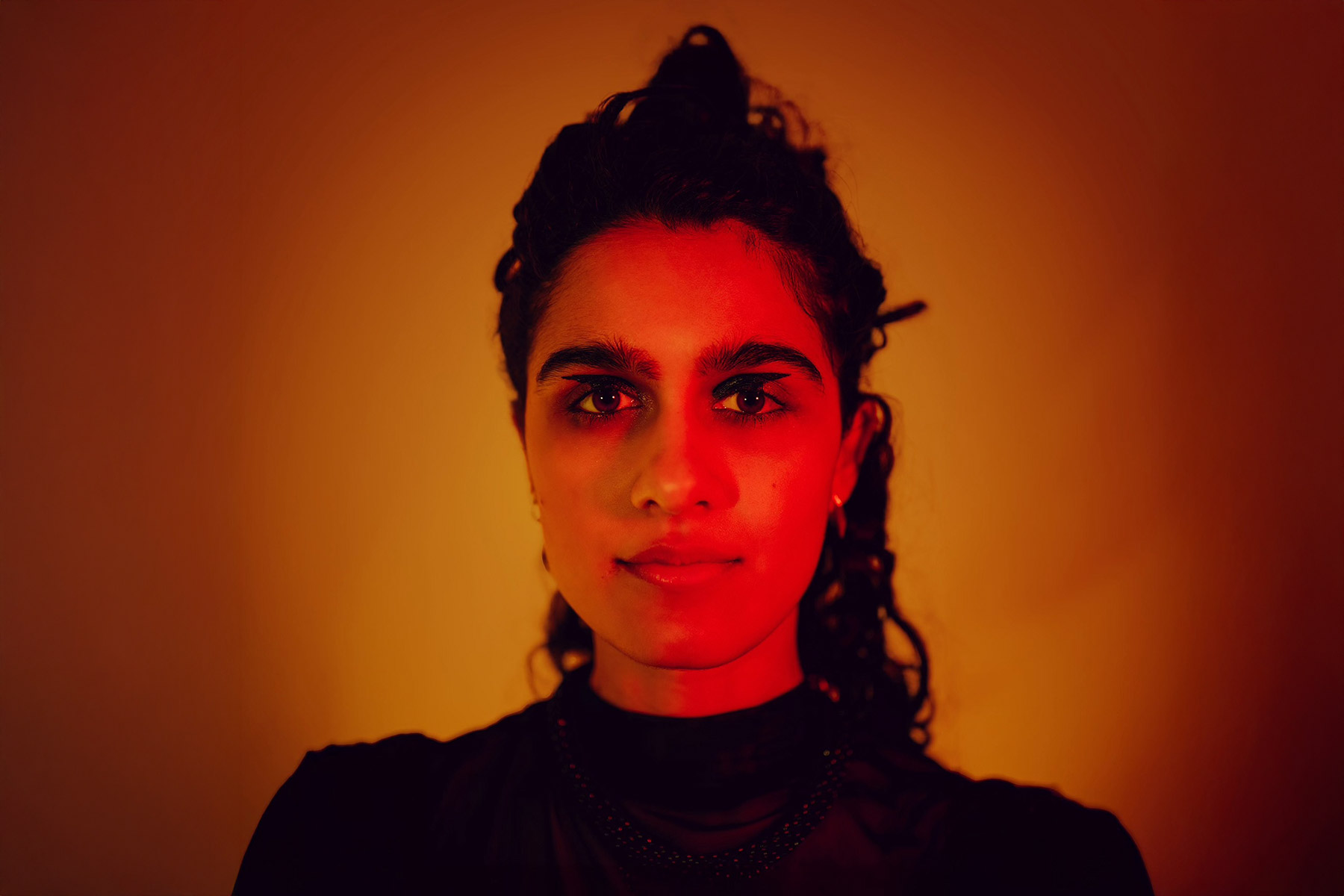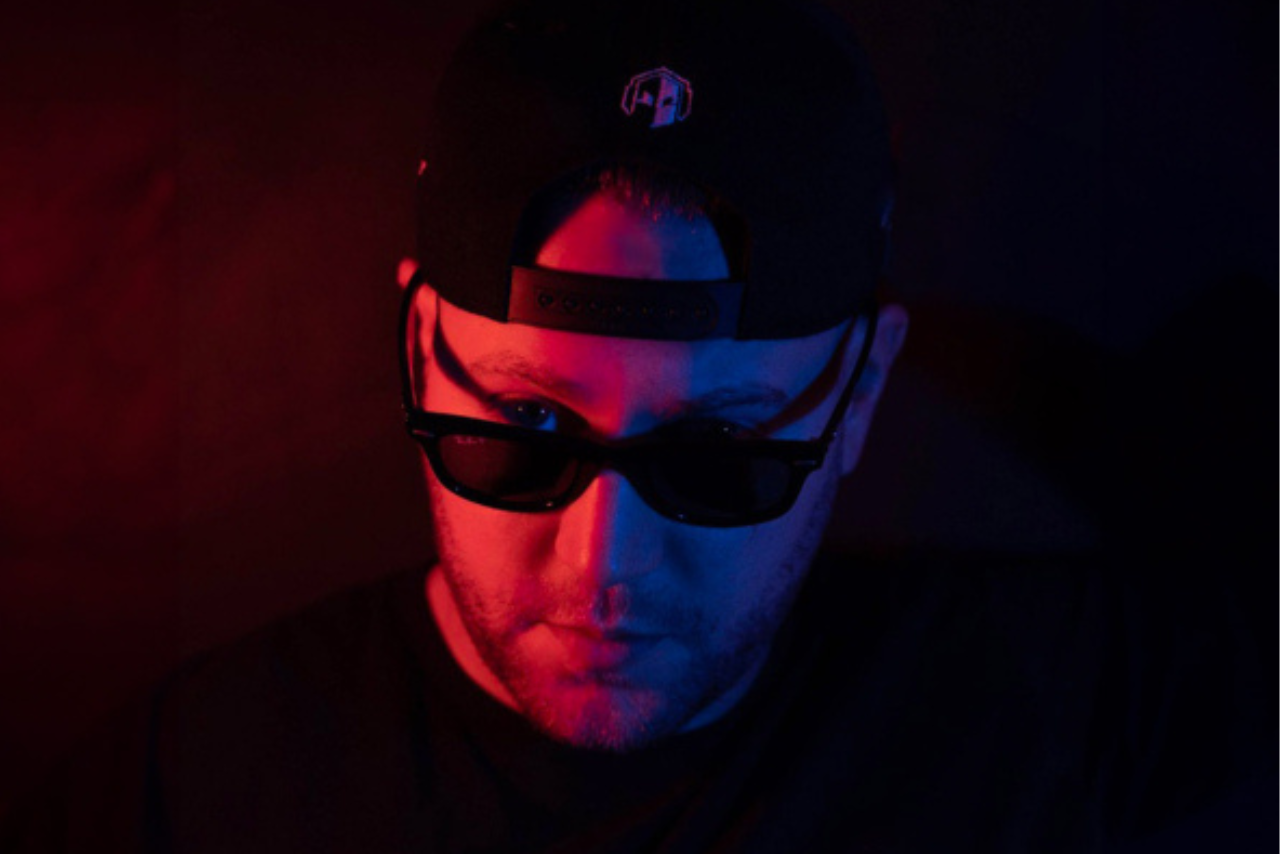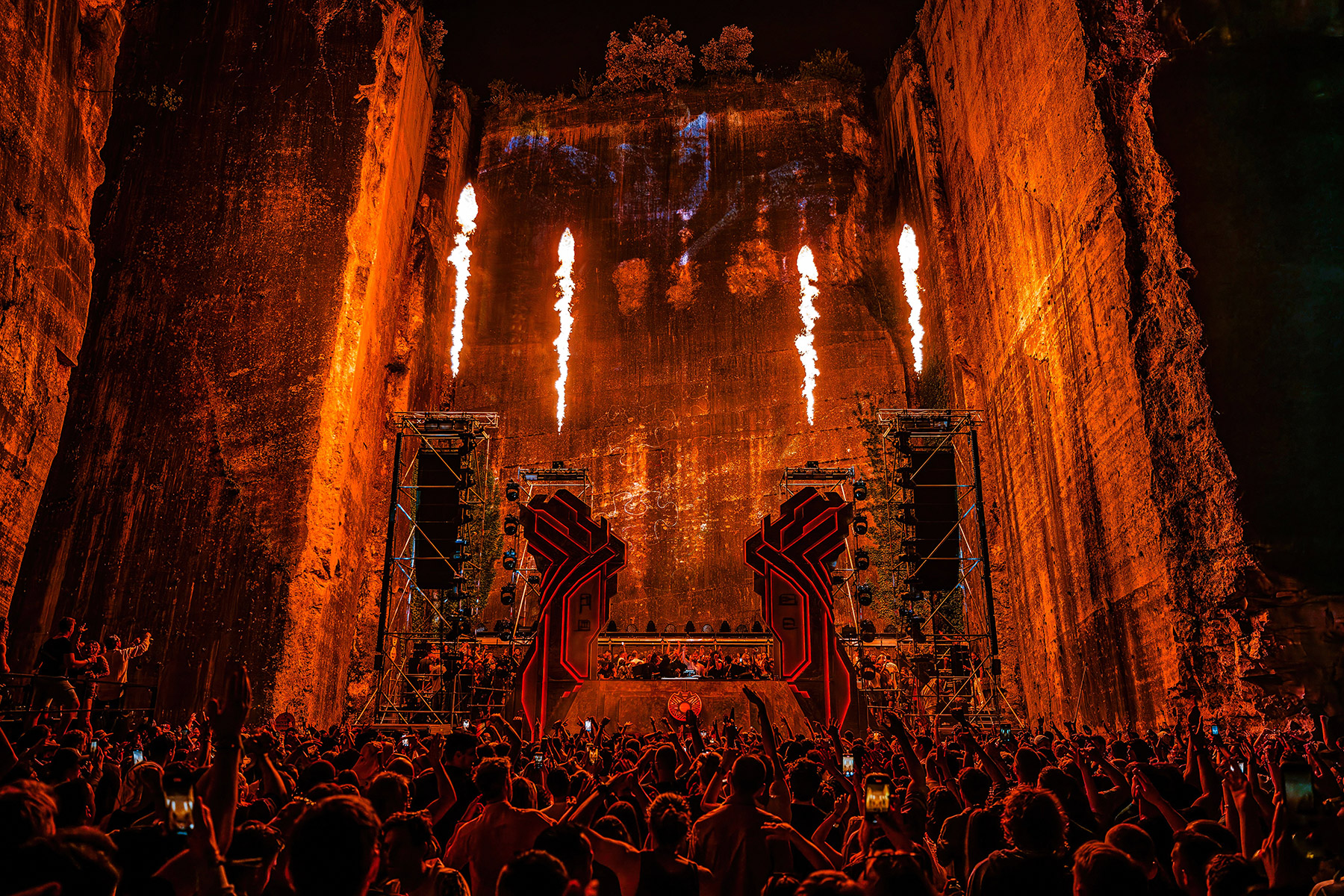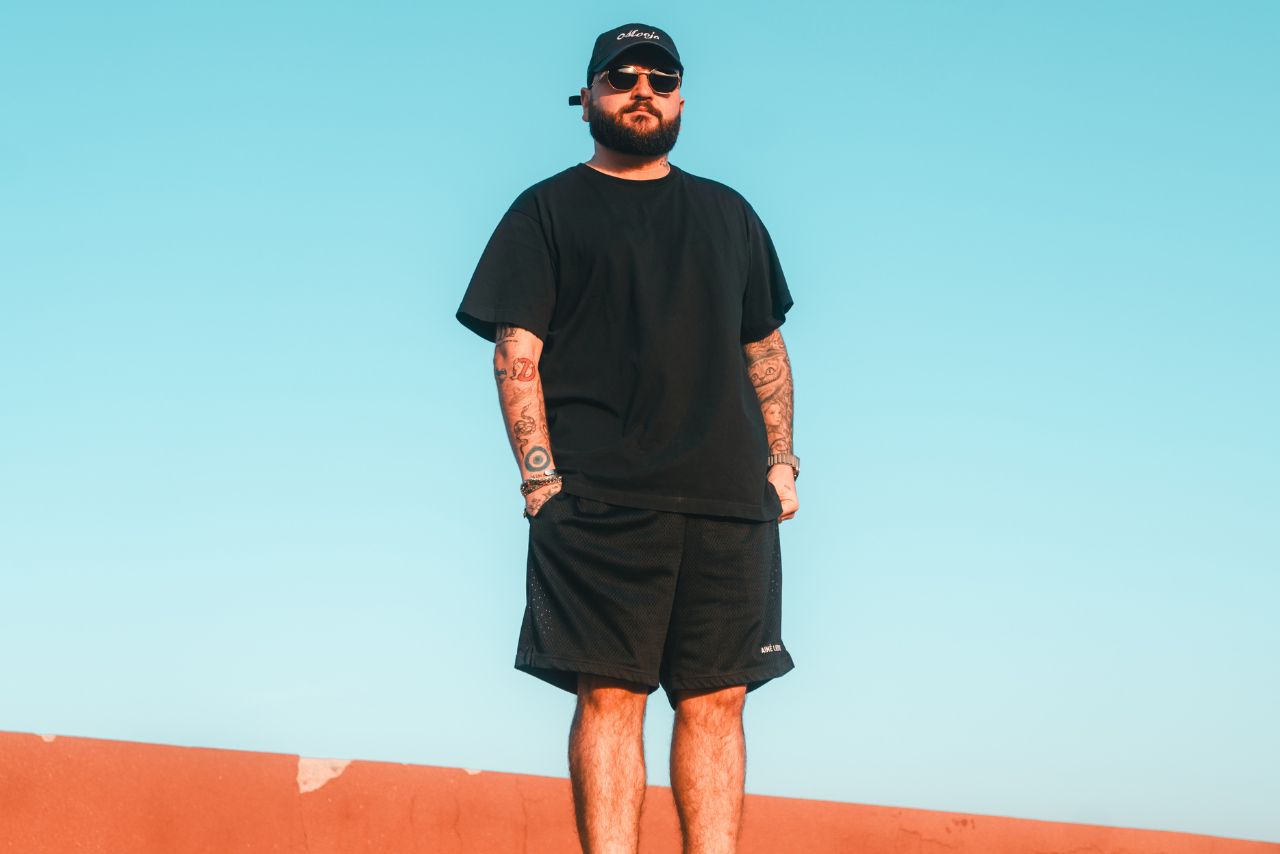The Defected roster returned to Printworks once again to deliver a remarkably brilliant day rave that literally rocked the venue from top to bottom.
Fans of Simon Dunmore’s Defected Records must have been looking forward to this event for a while, especially given the star-studded lineup coupled with a historically electrifying and awe-inspiring venue space. The midday greeted the attendees and this day-rave with a fresh and airy summer’s tint, thanks to a sunny London day that effortlessly elevates the city’s spirit from the grey mist of winter.
A trickling line of fans was to be found on the lengthy Press Halls dancefloor once Sophie Lloyd began the first mix of the event a little after 12, enticing the early birds with an expertly funky and disco house set that introduced itself with winding bass melodies, which were complemented by soul, string and synth samples that weaved a particularly novel dissolution of old and new school elements, constructing a modern rendition of classic house at 120 bpm. This was enabled by rolling percussion that embodied a polyphonic set, veering into drum breaks that were placed in between thumping four to the floor patterns that accommodated smooth squishy and jazz keys. Furthermore, several horn samples appeared as a timely reminder of the funky aesthetic of this mix, displaying Sophie Lloyd’s delightful appreciation of the diverse roots of house music. In a fitting tribute, she closed her set with a gospel sample that encapsulated her overarching sound marked by Afro-diasporic homage, representing the latter as a universal token of appreciation and experience within the mechanical yet familiar structure of house music.
This is where Kitty Amore took over the mantle seamlessly, albeit from the almost empty underground confines of the Inkwells. The other smaller yet more intimate stage, decorated with spray-painted neon symbols of love and dance, hosted a brilliantly and methodically crafted performance of a novel type of Afro-house, incorporating a techno tempo and kick within percussive syncopation recalling an industrial and dark soundscape. Her mix was curated as a fluctuating and entrancing sonic progression from this Afro-techno, characterized by loud and metallic off-beat trashes slipping into oscillating ringing and beeping noises, to a more tonal and recognizable afro-house enriched by howling and ethereal vocal chants. This placed the crowd amid a utopian vision of Afro-modernity, as the interplay between bashing industrial sounds and Afro-centric harmony and syncopation transported us, witnesses, to a singular space that resembled the house/techno of future generations. Kitty Amore’s set will prove to be a visionary one, as she managed to harness the power and thrust of an aesthetic yet to fully emerge, thus placing her at the forefront of our current electronic scene.
The atmospheric and musical contrast between the inky underground stage and the one above is easily explained by the effect produced when leaving the intense and absorbing darkness of the Inkwells, as one is instantly blinded by the mere appearance of sunlight when moving to the large and festive outside area. The masses were now beginning to occupy more and more of the vast Printworks venue, lining up and filling out the Press Halls to spectate the wholesome sight of Simon Dunmore playing a b2b set with his two sons. This was a modern house mix that aimed to consistently provoke a scenery of joyful dancing for as many people as possible, intoxicating the packed crowd with a groovy and bass-heavy rhythmic pulse that resonated and resounded throughout the entire hall. The family trio employed iconic and less differentiated key progressions and vocal build-ups to allow the crowd to ride a wave of euphoric emotion, emphasizing a giant party atmosphere that invites everyone into the same house.
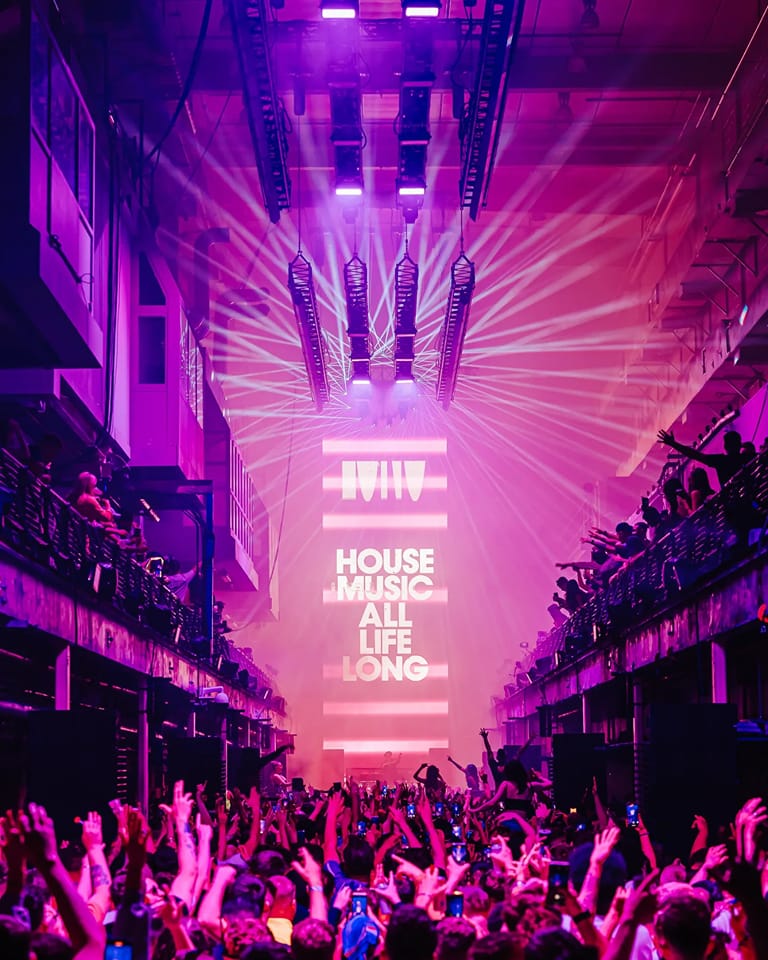
This theme perfectly summarises the intention of the Press Halls stage for the rest of the day, as it encapsulated providing the musical and spatial setting to house the widest variety of audience members through a universal sound, one that can occupy a place in everyone’s heart. However, this also means that this space is less focused on providing a more specialized form of music that could potentially isolate a large number of electronic music lovers, ones who are yet to be introduced to the aesthetical niche and sonically nuanced corners of house/techno. Therefore, one could argue that the following performances of S.A.M (accompanied by the spellbinding vocals of Sarah Ikumu), David Penn, Ferreck Dawn, Sam Divine (who was revealed to be the undisclosed very special guest), and Hannah Wants represented individually slight deviations of a monolithic sound that attracts the modern house fan. This does not mean that these sets were unenjoyable since, on the contrary, this hall was constantly jam-packed with a crowd displaying unbridled merriment. However, it did feel as if the DJs adapted their song selection and mixes to cater to a large number of ears, meaning that it was difficult to distinctly differentiate them from each other in terms of their style and mixing ability. Nevertheless, this does not take away from the never-ending flow of gaiety that could be felt along the entire hall, providing the setting for some majestic light shows that induced stupefaction through sheer scale and creativity.
If the Press Halls epitomized the House of Modern Party, then the Inkwells represented the House of the Modern Underground, exemplified by the esteemed Mike Dunn, Sandy Rivera, Deetron, and Star B. It was Mike Dunn, especially, who got the ball really rolling in the underground hall, holding the space for a burgeoning crowd to assemble with a timeless ode to the early house scene. His implementation of a minutely funky delay on his Hip Hop-esque broken drums serenely complemented layered soul vocal chops, re-creating a sense of what the flourishing house scene in Chicago might have felt like. A notable highlight included an engrossingly militant and Afro-house passage, feeding into the Afro-diasporic sound that Kitty Amore developed.
As Sandy Rivera took over, the room was primed to explode, which he immediately realized by initiating a mix that blew the roof of the place. You could see that he and his friends were rocking and bouncing behind the decks just as much as the crowd, losing themselves to a blasting set that swung from disco-infused bangers to Green Velvet-reminiscent selections. The set did not stick to a specific identity, using this to its advantage by guiding the crowd through several shades of house, culminating with the appearance of the legendary ‘Music Sounds Better With You’ track by Stardust.

